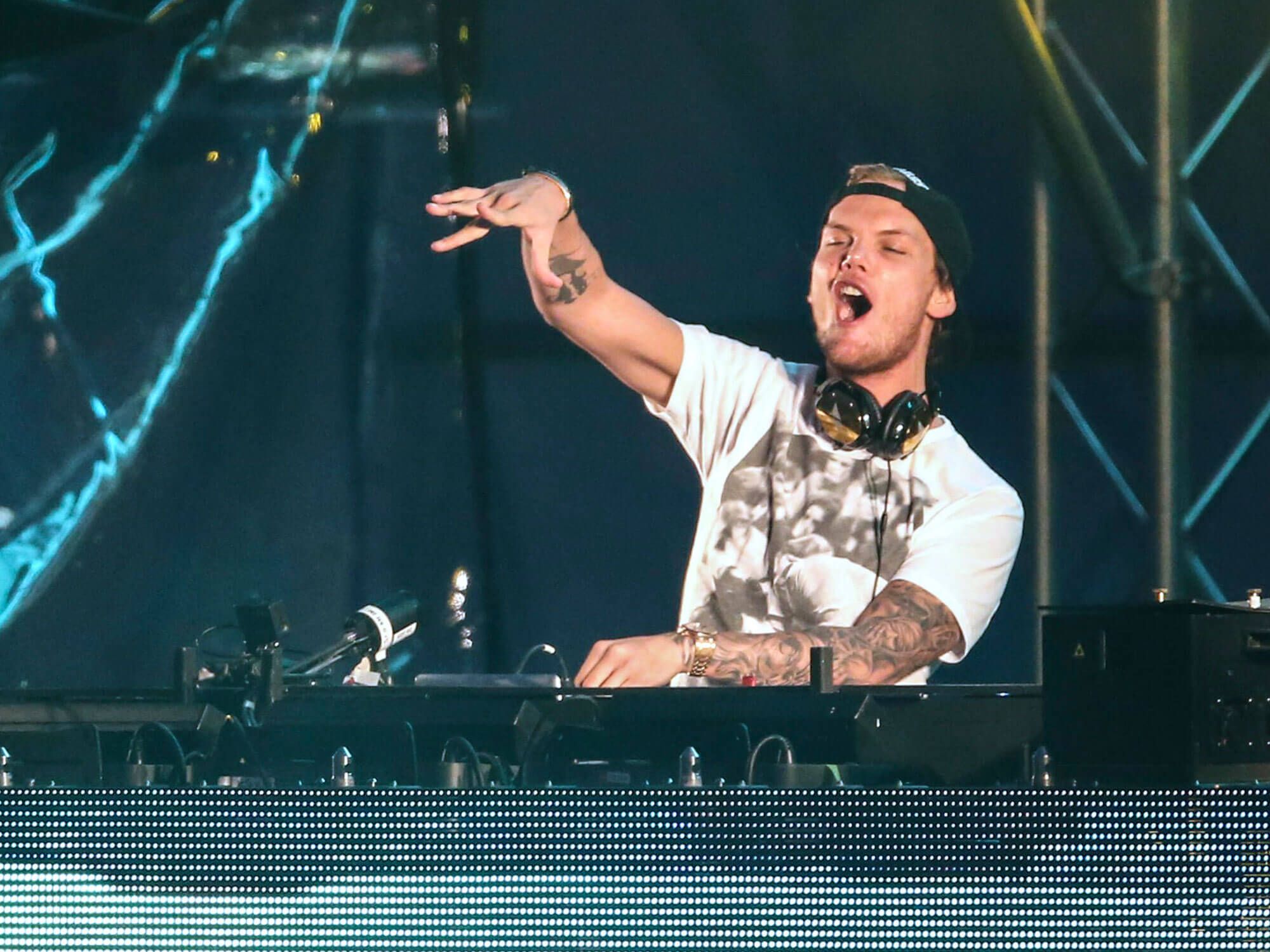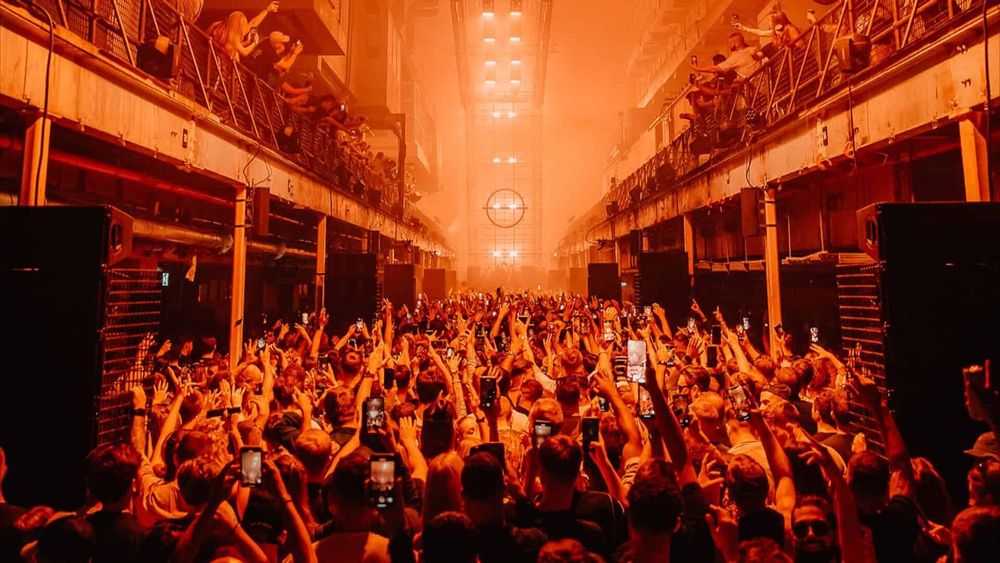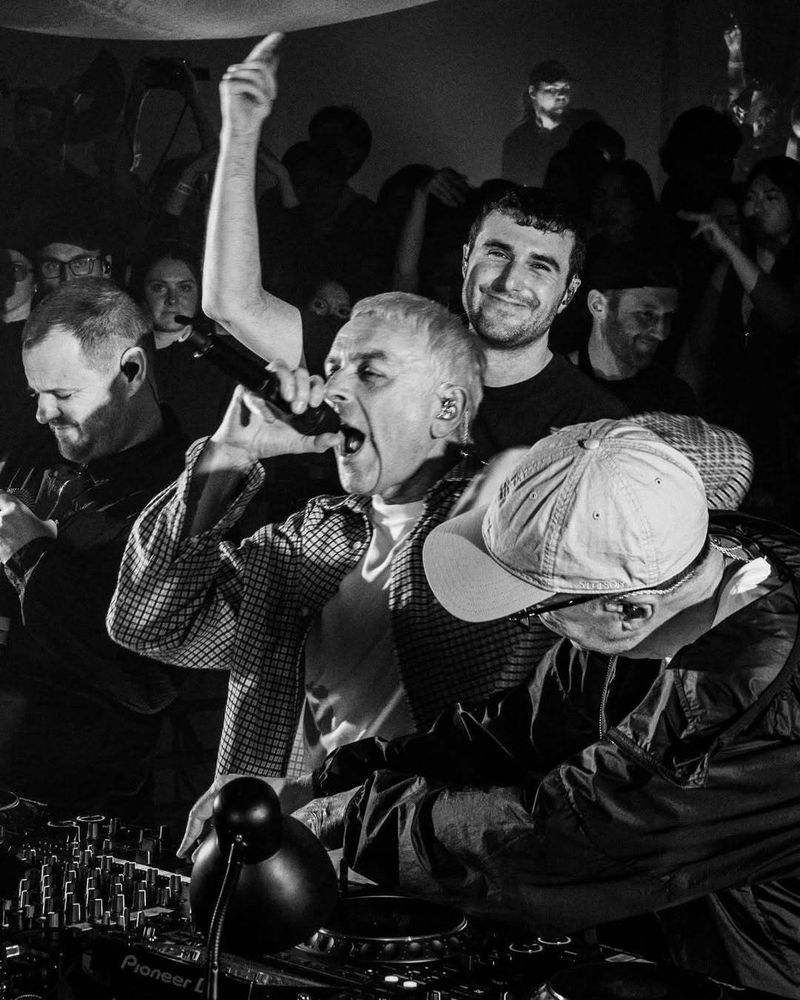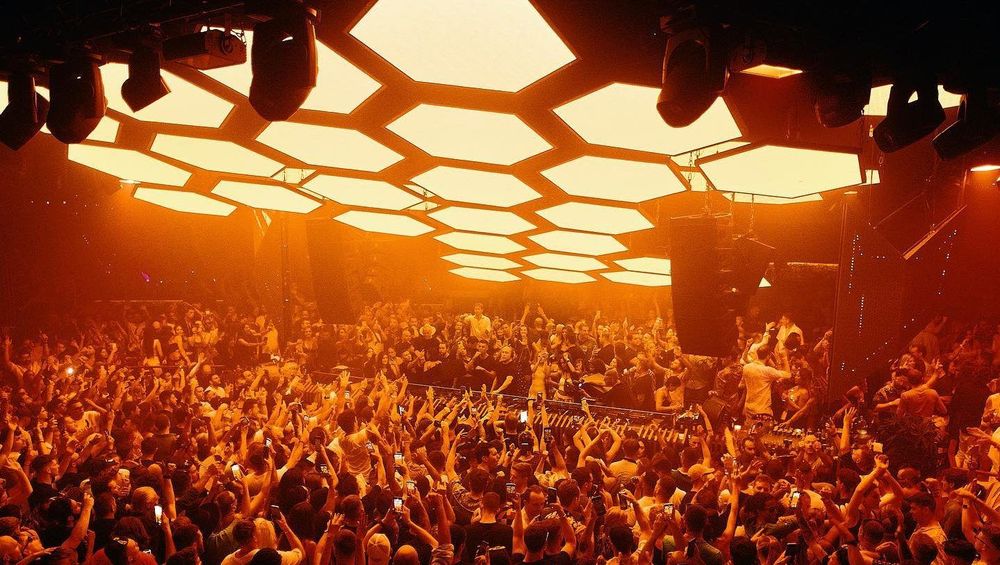
Mental Health & the Electronic Music Scene
October 10, 2025Chris Christopoulos
On the occasion of World Mental Health Day (10 October), I would like to address the topic of mental health within the electronic music industry, which is a subject that, despite its growing relevance, often remains in the shadows. Behind the lights, the festivals, and the sold-out shows lies a demanding reality that affects not only DJs and producers but everyone who keeps this scene alive.
The Hidden Crisis: Mental Health in the Music Industry
The dark undercurrent is clear in the data. Studies show that musicians and touring professionals face disproportionately high rates of depression, anxiety, and suicidality.
One survey revealed that among 2,211 musicians, 68.5% reported depression symptoms, and 71.1% reported anxiety. Another analysis found that musicians who make music their primary career are more likely to experience poor mental wellbeing and clinical depression, while a focused study on touring professionals found elevated risk signals for depression and suicidal thoughts. Moreover, an Emory University study highlighted that musicians face significant suicide risks, underscoring the urgency for intervention.
There is no myth here: the pressures are real. Long hours, financial instability, performance anxiety, irregular sleep, constant travel, social media scrutiny, and identity stress all compound.
Avicii: More Than a Cautionary Tale
Everyone knows the name Avicii. But behind this name lies a human being ,Tim Bergling someone who struggled deeply. His journals revealed cycles of anxiety, depression, substance dependence, and painkiller use. In research that analyzed his public discourse, patterns of suicidal ideation emerge, showing that his creative output sometimes overlapped with structural distress. His tragedy is both warning and call to action: not to fetishize suffering, but to recognize that fame and success do not immunize one from mental illness.
For those who haven’t done it yet, I kindly urge you to watch “Avicii – I’m Tim”, a powerful and heartfelt tribute to one of the most influential figures in electronic music history. It is an intimate documentary that explores the life and legacy of Tim Bergling, known to millions as Avicii, and sheds light on his profound struggles with mental health.

When Grind Culture Gets Dangerous - The Dual Edge of Influence
In a recent Instagram post, top DJ James Hype shared a whirlwind tour circuit: Ibiza → Madrid → NYC → Montreal → Vegas → LA → London → back to Ibiza. “No sleep but we made it,” he wrote, expressing gratitude but also subtly boasting a punishing schedule. On the surface, it celebrates stamina; but for young fans watching, it could also signal that this is how one must live to succeed and that burnout is part of the deal.
When idols post the grind, there’s risk. Even with no ill intent, such narratives can be misread by up and coming artists or vulnerable fans. They may internalize the idea that rest, balance, or hesitation are signs of weakness. In a world where many in the industry already strain under pressure, the messaging matters.
“Work until you drop” is not a badge of honor. But in an industry built on illusion and perfection, many internalize it anyway. Posts like James Hype’s often walk a fine line: they reflect reality, yet they can also romanticize it.
Because artists hold influence, there is a responsibility even passively to offer alternative narratives. To say: longevity matters more than burnout, rest is part of craft, boundaries are strength.
We must shift messaging from “how much you endure” to “how you sustain yourself.”
What Can We Do: Structural & Personal Solutions
At the industry level, labels, promoters, and event organizers have a powerful role to play in redefining the standards of wellbeing within the scene. They can start by providing 24/7 access to mental health support, embedding therapy or coaching sessions into contracts, and funding wellness stipends for touring artists and staff. Just as safety briefings and insurance are standard, so should mental health care be. Implementing rest periods between tour stops, adopting frameworks like Zero Suicide for crew support, and normalizing mental health budgeting aren’t luxuries... they are essential steps toward building a more sustainable and humane creative ecosystem.
Within communities and media platforms, awareness and education must move from conversation to culture. It’s time to spotlight mental health topics in EDM media, credit mental health advocates alongside artistic innovators, and challenge “grind as virtue” narratives that glorify exhaustion. Platforms have the responsibility and opportunity to shape a healthier dialogue. That’s exactly why dancetoday has already created the channel “Safe Space” in our official Discord server: a private, supportive environment where members can share their thoughts, emotions, and struggles freely and respectfully, without fear of judgment. It’s not about fixing anyone, it’s about being heard, understood, and reminded that no one is alone.
For artists and their teams, setting boundaries is not a weakness, it’s self-respect and discipline. Scheduling rest days, buffering travel, and holding regular mental health check-ins should become as normal as rehearsals or production meetings. Building small rituals of self-care (sleep, movement, nutrition) and cultivating openness within teams can prevent burnout before it starts. Sharing struggles when it feels safe, and seeking accountability or therapy, can help artists sustain both their craft and their humanity in an industry that rarely pauses.
Finally, for new artists and fans, mental health begins with awareness and community. Curate what you consume online and don’t measure your worth by someone else’s highlight reel. Take creative breaks without guilt, find mentors or peer groups to speak openly, and learn to recognize warning signs like insomnia, emotional numbness, or dependency. The more we normalize these conversations, the less isolating the journey becomes.
A Powerful Message to Close
The beat drives us outward... toward crowds, dancefloors, connection. But if we ignore the break, the silence inside grows louder. And of course we can’t build a culture powered by creators who burn out. dancetoday stands for a different vision: an electronic dance music future where mental health is part of the foundation, not an afterthought. To every artist, fan, crew, and thinker: your voice, your health, your life matter. Let’s dance together through the highs, the lows, and everything in between... and ensure that no one disappears when the music ends.
Sources/References
- Gross, S. A. & Musgrave, G. (2022). Can Music Make You Sick? Measuring the Price of Musical Ambition. University of Westminster Press. https://doi.org/10.16997/book43
- Dobson, M. C. (2021). Mental health and well-being in musicians: Systematic literature review and meta-analysis. Psychology of Music, 50(8). https://doi.org/10.1177/03057356221096506
- Emory University News. (2025). Musicians face increased suicide risk, study finds. https://news.emory.edu/stories/2025/03/hs_bhc_lamis_suicide/story.html
- Krueger, R. (2021). Depression, anxiety, and suicide risk in touring professionals. Frontiers in Psychology, 12:826920. https://doi.org/10.3389/fpsyg.2021.826920
- Addiction Center. (2022). Avicii’s Journals and Mental Health: Lessons from His Story. https://www.addictioncenter.com/news/2022/01/aviciis-journals-rehab-mental-health/
- Sciendo. (2022). Tim Bergling’s (Avicii) Struggles as Reflected in His Lyrics: A Discourse Analysis. https://doi.org/10.2478/plc-2022-0010
- Backstage Pass Journal. (2020). Mental Health in the Music Industry: A Quantitative Analysis. https://scholarlycommons.pacific.edu/cgi/viewcontent.cgi?article=1045&context=backstage-pass
Stay connected with dancetoday - follow us on social media for the latest stories, insights, and news shaping the electronic dance music world.



